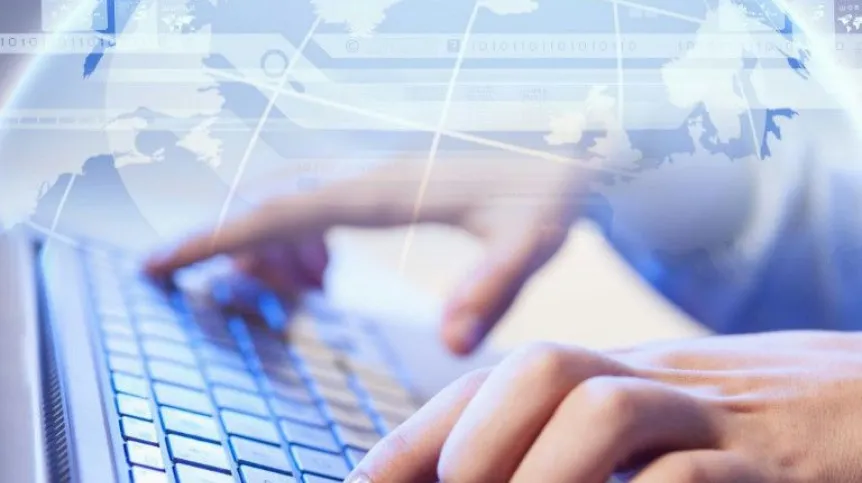
If any information about you enters the internet, you lose control over it and can never be sure who will find it interesting - told PAP Dr. Marek Klonowski from the Institute of Mathematics and Computer Science, Wrocław University of Technology.
He believes that the biggest threat is the possibility to combine information from different sources and acquire data that may help determine the identity of users. This includes the information from social networking sites, the history of visited web sites read from cookies, data transferred by mobile phones, and the history of credit card payments.
More and more activities related to Internet use are performed using the so-called cloud computing, where you can store your data, and use a variety of sophisticated computer programs. The advantage of cloud, in addition to freeing the personal computer’s memory and processing power, is access to your data from virtually anywhere in the world, provided you have an internet connection. According to the expert, even though the data in the cloud are protected, you can never be sure what happens to it who else has access to it.
Increasingly, we pay bills online, use email, communicate with friends through social networking sites and use of other facilities offered by the internet. But it has its consequences, Klonowski emphasised. "More and more things are electronic, and if something is electronic, it usually leaves an information about us. And it\'s not just about the internet, but, for example, a credit card payments. In the latter case, even if you remain anonymous to the seller, the bank knows exactly when and where you made the transaction" - said Klonowski.
Another risk associated with anonymity, to which Klonowski draws attention, is the lack of control over the information that may appear online without our knowledge. "Someone, without any bad intentions, can publish your photo online without your knowledge. In most cases, it would probably not cause any harm, but if someone wants to collect information about you, such a picture might be useful to him" - said Klonowski.
Another source of information about the users may include data from mobile phones - said Klonowski. Data from these devices tell a lot about our daily behaviour. To allow the user to make and receive calls, every mobile phone must be in the "coverage" area. This means that all the time it needs to connect to GSM towers. Analysing data showing towers with which the phone connects allows to learn a lot of our everyday behavior.
Klonowski noted that one way to draw information about us could be analysing our typing techniques. This allows to determine with high probability the anatomical differences in the build of fingers, which affects the typing speed. "Statistical analysis allows to determine certain characteristics of a person such as the fact that that due to the anatomical structure of the fingers, some letters are typed faster than others. We are not aware of these differences, but with a large amount of text that a person enters, such analyses allow to identify a person with high probability" - said Klonowski.
Although it increasingly difficult to maintain the anonymity online, according to experts it is possible to at least in part reduced traces left by the users. They advise to use free programs, so-called extensions for popular web browsers. These programs allow you to restrict user behaviour tracking or notify of any the information about us that are placed online.
Users of Firefox and Chrome can download an extension called Collusion. Using an extension for the most popular web browsers called DoNotTrackMe is also a good idea.
PAP - Science and Scholarship in Poland
krm/ ls/
tr. RL













